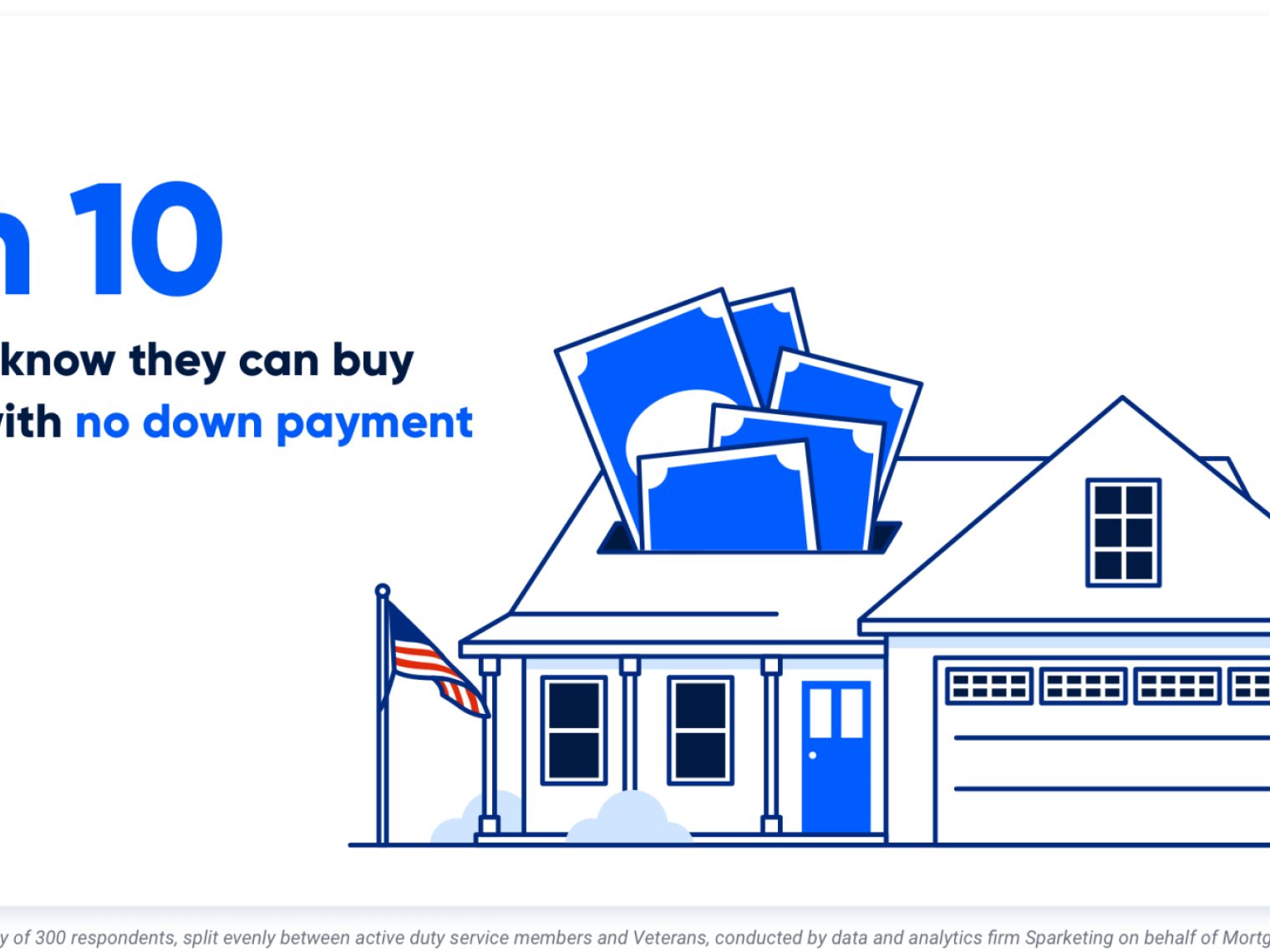Potential buyers are scrambling to land homes as interest rates threaten to rise and inventory falls short of demand. And that often means buyers land square in the middle of bidding wars. In May, nearly 70 percent of offers written by Redfin real estate agents faced competition. Yikes.
Real estate agents are responsible for orchestrating these hot-and-heavy competitions, and getting the best possible deals for their clients. Make sure you know how to advocate properly for your clients when facing multiple offer situations.
As a Buyer’s Agent:
- Submit the “best and final” offer from the beginning.
You’re not always granted the benefit of negotiating. A seller can reject your offer outright, without the chance to counteroffer. Encourage your buyers to make a “best and final” offer from the get-go if you suspect other offers are on the table.
- Ask if there are other offers.
Always ask the listing agent if other offers have been made. Note that listing agents may not have to divulge this information. Check with applicable state laws and regulations, and remember that the REALTOR® Code of Ethics requires listing agents to disclose the existence of other offers only when asked AND with the seller’s permission.
- Send along a preapproval letter.
Don’t forget to show that your client is preapproved. Clients preapproved through Veterans United can download and print preapproval letters here.
- Be careful with contingencies.
Don’t ask for too much. Asking for cosmetic changes (“I don’t like beige carpet!”), extensive closing times (beyond 4 weeks) or trivial repairs (“You must replace that bent nail!”) could irritate a seller and eliminate your offer from contention. Always include financing and inspection contingencies, but keep the rest of the contract simple and sweet.
- Amp up earnest money.
A larger earnest money deposit could sway a seller in your favor. Consider putting forth more than the standard for your area, but not so much that your buyer’s finances are at risk.
As a Listing Agent:
- Disclose appropriately.
Those disclosure laws and regulations we mentioned earlier? Yep, they apply to you, listing agents. Follow all applicable disclosure rules, and remember, the REALTOR® Code of Ethics requires you to have the seller’s permission before revealing other offers to the buyer’s agent.
- Show all offers to the seller.
Keep your sellers informed. The REALTOR® Code of Ethics requires listing agents to submit all offers to their clients, and most state real estate commissions agree.
- Compare all factors (not just price).
Price is paramount, but don’t overlook the rest of the offer. Also consider these factors:
- Closing timeline
- Preapproval / financing status
- Contingencies
It can be tough to evaluate these factors in terms of actual dollars, but they can each carry a cost. A far-off closing date can incur interest charges, double housing costs and unnecessary stress. Extensive contingencies (ex: closing costs, repairs, etc.) can be a headache, and easily sap sale proceeds.
The takeaway message? There's a lot more at play than the final offer price. When evaluating offers, help your sellers understand the importance of ALL relevant factors.
- Ask for “best and final” offers.
If you’re flooded with offers, you can head back to the “offerees” with a last-chance option. Ask potential buyers to submit their “best and final” offers. Carefully evaluate each offer according to the above criteria.
What Advice do you Have for Agents Facing Multiple Offers?
Let us know in the comment section below!
Related Posts
-
 VA Loan Down Payment RequirementsVA loans have no down payment requirements as long as the Veteran has full entitlement, but only 3-in-10 Veterans know they can buy a home loan with zero down payment. Here’s what Veterans need to know about VA loan down payment requirements.
VA Loan Down Payment RequirementsVA loans have no down payment requirements as long as the Veteran has full entitlement, but only 3-in-10 Veterans know they can buy a home loan with zero down payment. Here’s what Veterans need to know about VA loan down payment requirements. -
 5 Most Common VA Loan Myths BustedVA loan myths confuse and deter many VA loan borrowers. Here we debunk 5 of the most common VA loan myths so that you can borrow with confidence.
5 Most Common VA Loan Myths BustedVA loan myths confuse and deter many VA loan borrowers. Here we debunk 5 of the most common VA loan myths so that you can borrow with confidence.


